Qi Deficiency Constitution
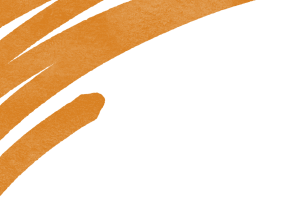





Do you often feel physically exhausted and lack energy?
Do you think it’s just a matter of being lazy?
Actually, it could be due to Qi deficiency!
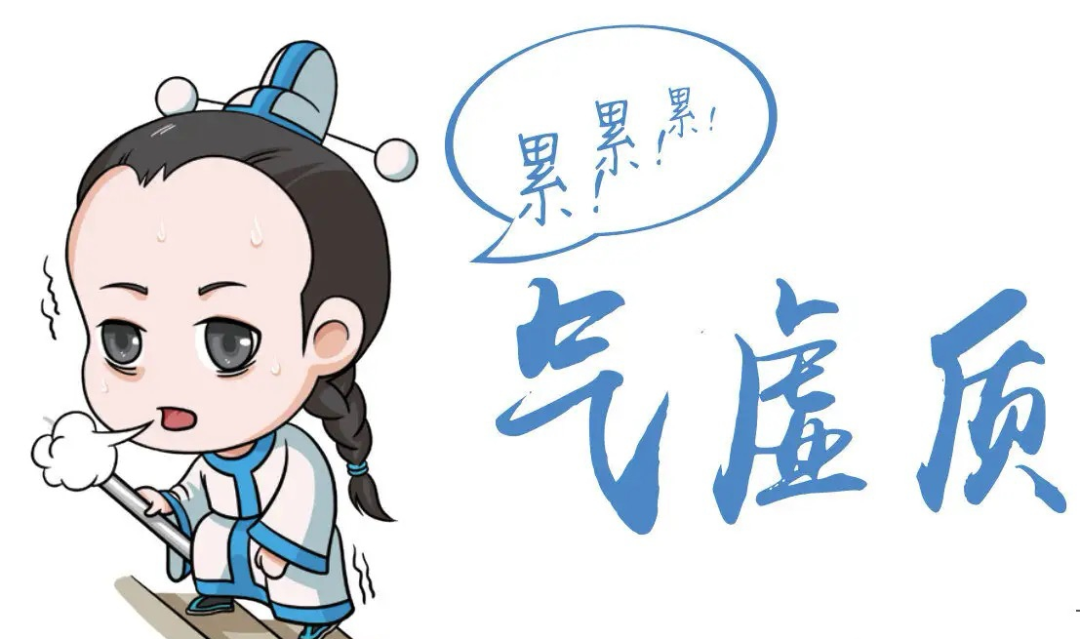
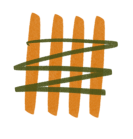

What is Qi Deficiency?

Concept of Qi Deficiency Constitution
Qi deficiency constitution refers to a condition where the body’s organ functions are disordered, leading to insufficient generation of Qi, which makes one prone to symptoms of Qi deficiency.
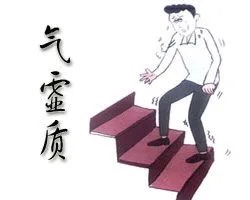
Characteristics of Qi Deficiency Constitution
General Characteristics: Low voice, shortness of breath, reluctance to speak, easy fatigue, lack of spirit, dull gaze, dizziness, forgetfulness, easy sweating, and a swollen tongue with tooth marks are the main features of Qi deficiency.
Physical Characteristics: Soft and weak muscles.
Psychological Characteristics: Introverted personality, dislike of risk-taking.
Tendency to Illness: Prone to colds, organ prolapse, and slow recovery after illness.
Adaptability to External Environment: Poor tolerance to wind, cold, heat, and dampness.
Do you find yourself matching many of these symptoms?
Let’s take a look at how to manage this in daily life.

Daily Management Suggestions



Emotional Regulation
Maintain a stable and optimistic mindset, and avoid excessive mental strain.
Enjoy upbeat music, such as the flute piece “Happy Reunion”.

Dietary Nourishment
Choose foods that are neutral to slightly warm and tonify the spleen and Qi, such as rice, millet, pumpkin, carrots, yam, jujube, shiitake mushrooms, lotus seeds, white lentils, soybeans, tofu, chicken, eggs, quail (eggs), and beef. Minimize or avoid foods that deplete Qi, such as betel nut and raw radish. Avoid excessive consumption of raw, cold, bitter, spicy, or hot foods.
Recommended Dietary Therapy:
(1) Yam Congee: Made with yam and japonica rice, it has the effect of tonifying the middle and benefiting Qi, suitable for those with Qi deficiency.
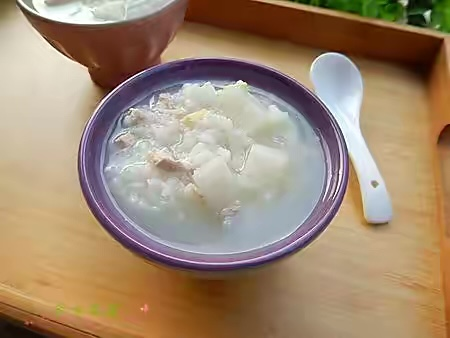
(2) Astragalus Chicken Soup: Made with young chicken and astragalus (Huang Qi), it has the effect of benefiting Qi and tonifying deficiency, suitable for those with Qi deficiency and prone to spontaneous sweating. This recipe is quite potent in tonifying Qi and can be consumed once a week, but should not be taken continuously for long periods.
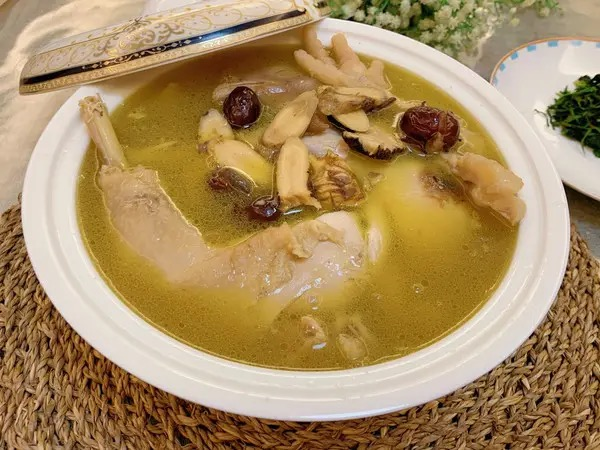

Daily Routine Management
Advocate a balance between work and rest, and avoid overexertion to prevent damage to the vital Qi. Avoid exposure to wind after sweating. The living environment should use bright warm colors.

Exercise and Health
Choose gentle traditional fitness activities, such as Ba Duan Jin (Eight Pieces of Brocade). After completing the full set of Ba Duan Jin movements, repeat “Two Hands Grasping Feet to Strengthen the Kidneys and Waist” and “Clenching Fists and Glowering to Increase Strength” 1-3 times each. Avoid vigorous exercise.
Also, you can use the Kegel exercise to prevent organ prolapse: Relax your body, focus on the perineum and anus. First inhale and contract the abdomen, lift the anus, hold for 2-3 seconds, then slowly relax and exhale. Repeat this 10-15 times.

Acupoint Health Care
(1) Selected Points: Qi Hai (Sea of Qi), Guan Yuan (Origin Pass).
(2) Location: Qi Hai is located in the lower abdomen, on the anterior midline, 1.5 cun below the umbilicus; Guan Yuan is located in the lower abdomen, on the anterior midline, 3 cun below the umbilicus.
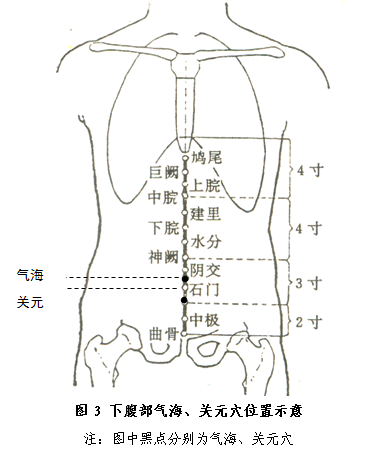
(3) Operation: Use the palm to apply gentle circular motions on the acupoints, massaging each point for 2-3 minutes, once or twice a day.
You can also use moxibustion with moxa sticks to enhance warming Yang and benefiting Qi. Ignite the moxa stick or use a moxibustion box to warm the acupoints for 10-15 minutes each time. Keep the burning end of the moxa stick 2-3 cm away from the skin to avoid burns. Gentle moxibustion can be performed 1-3 times a week.

Self-Care Techniques
Practice Deng’s Ba Duan Jin, jogging, Wu Qin Xi (Five Animal Frolics), Tai Chi, etc. Dancing in public squares is also a good choice, but be sure to keep it within 30-60 minutes.

Introduction to the Department of Preventive Medicine

Our Department of Preventive Medicine was established in 2009 and embodies the characteristics of traditional Chinese medicine health care. It provides services for traditional Chinese medical examinations and preventive health care. The medical staff adhere to the service philosophy of “preventing disease before it occurs, preventing changes in existing diseases, and preventing recurrence after recovery”. They utilize methods such as TCM constitution identification, meridian detection, and infrared thermal imaging to comprehensively assess the overall health status and physical constitution characteristics of the service recipients. Combined with modern medical microscopic examinations, specialized physicians conduct comprehensive analyses based on the physical assessment reports of the examinees, timely ruling out various hidden diseases and assessing the tendency for easily contracted diseases. After comprehensive analysis and assessment, individualized TCM-based adjustment and intervention plans are formulated according to the individual’s situation, guiding the examinees on how to adjust and intervene based on their physical conditions, ultimately achieving the goal of enhancing physical constitution and preventing diseases.
Our Department of Preventive Medicine is equipped with TCM examination devices such as an online TCM constitution identification system, infrared thermal imaging equipment, TCM meridian detection instruments, tongue image, and pulse collection devices.
Traditional intervention methods offered by our department include herbal medicine, various acupuncture therapies (electroacupuncture, warm acupuncture, regular acupuncture, wrist-ankle acupuncture, etc.), bee acupuncture, various moxibustion methods (ginger moxibustion, salt moxibustion, warm acupuncture, governor vessel moxibustion, conception vessel moxibustion, etc.), cupping, gua sha, summer treatment for winter diseases, thread embedding, auricular acupuncture, fire therapy, and dietary therapy guidance. Advantages and health directions include constitution determination, TCM health care consultation and adjustment for biased constitutions, TCM health care consultation and adjustment for people prone to external pathogens, TCM health care consultation and adjustment for hypertensive individuals, and TCM health care consultation and adjustment for individuals with hyperlipidemia. Future directions include intervention and TCM consultation for individuals with fatty liver and high uric acid levels.
Contributed by: Department of Preventive Medicine, Zhou Haiping
Editor: Li XiaomeiLayout: Lu ShaonanFirst Review: Chen XiaomeiSecond Review: Huang JinyangThird Review: Liao Kaiming
– END –
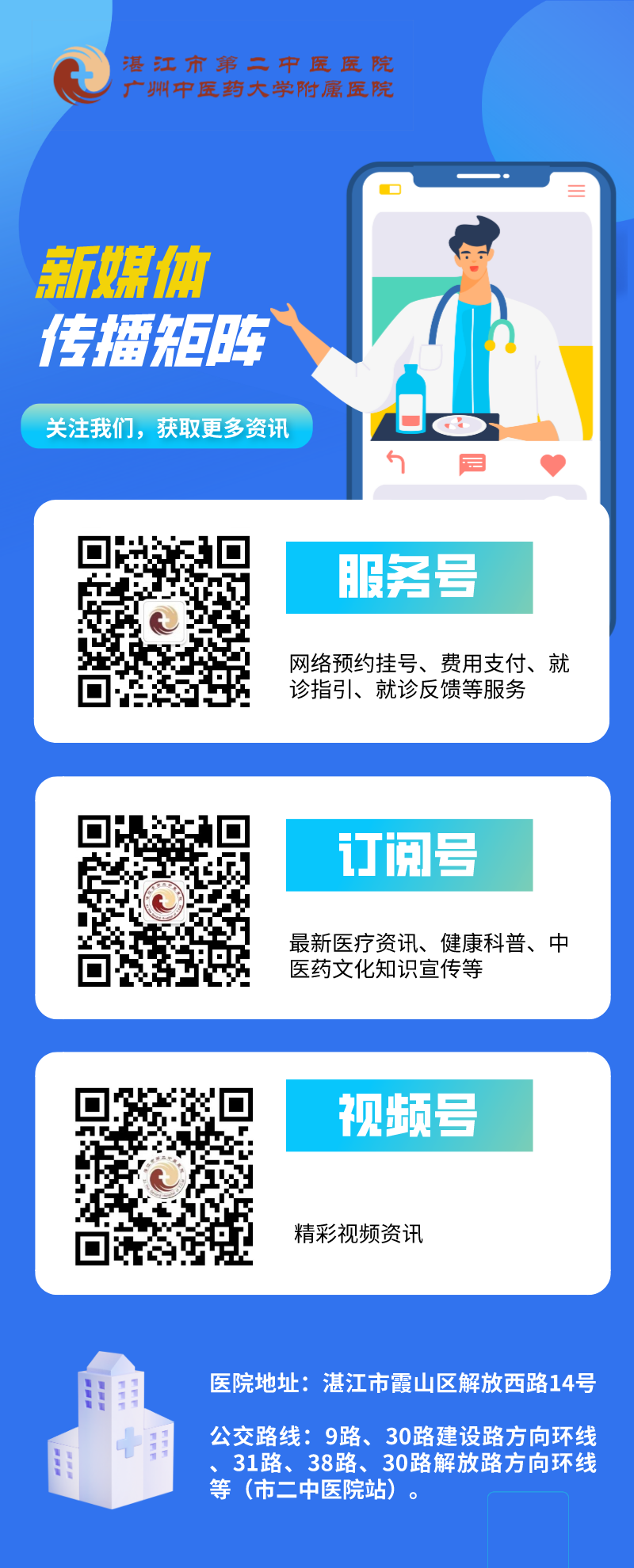
Map Navigation
(Click the map for direct navigation)
Outpatient Consultation Phone
-
0759—2695862
-
0759—2682092 (Consultation hours: 8:00-12:00; 14:40—17:30, excluding weekends and holidays.)

